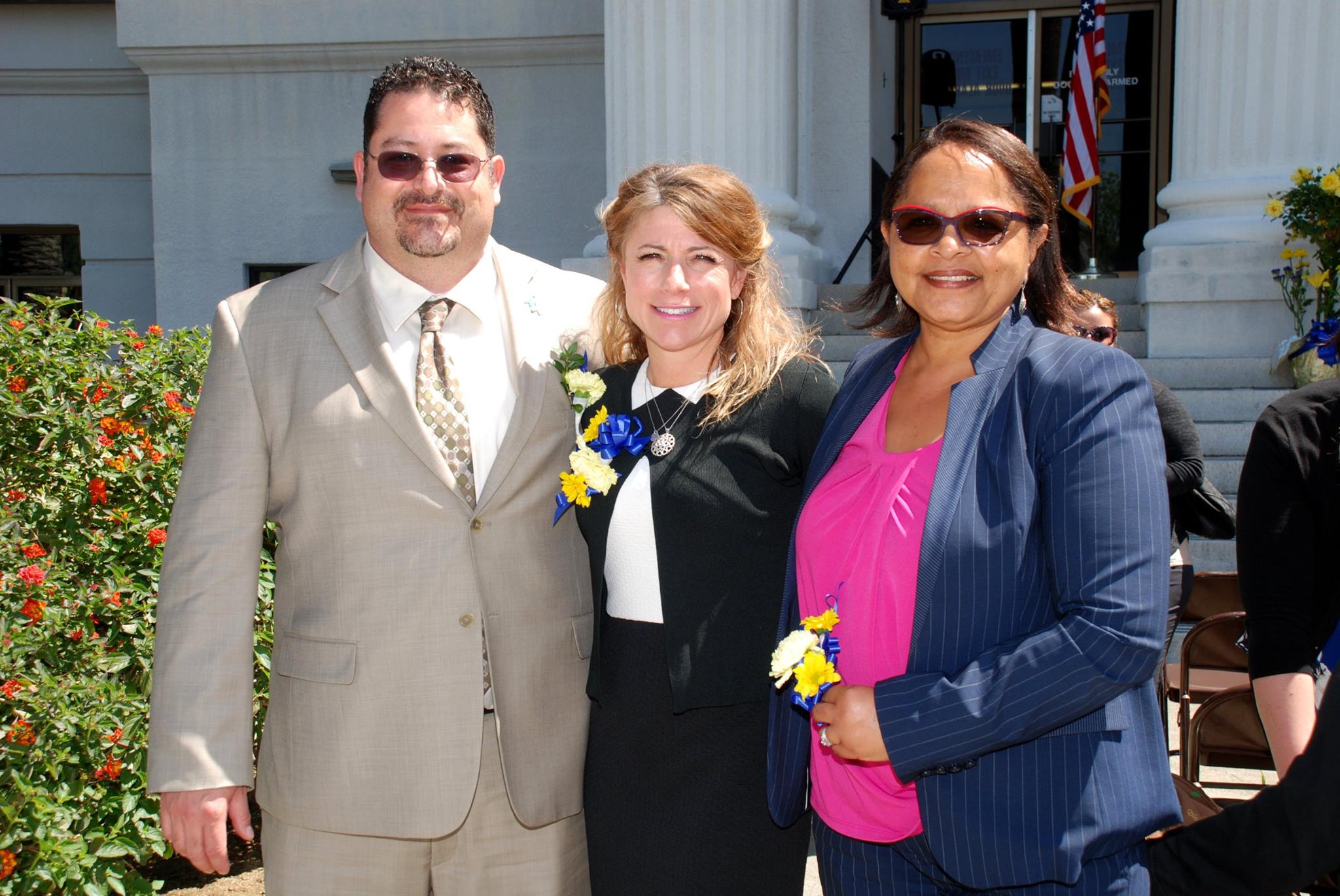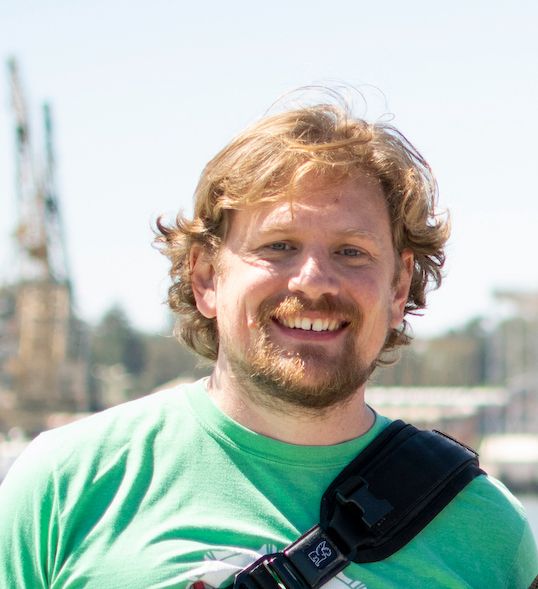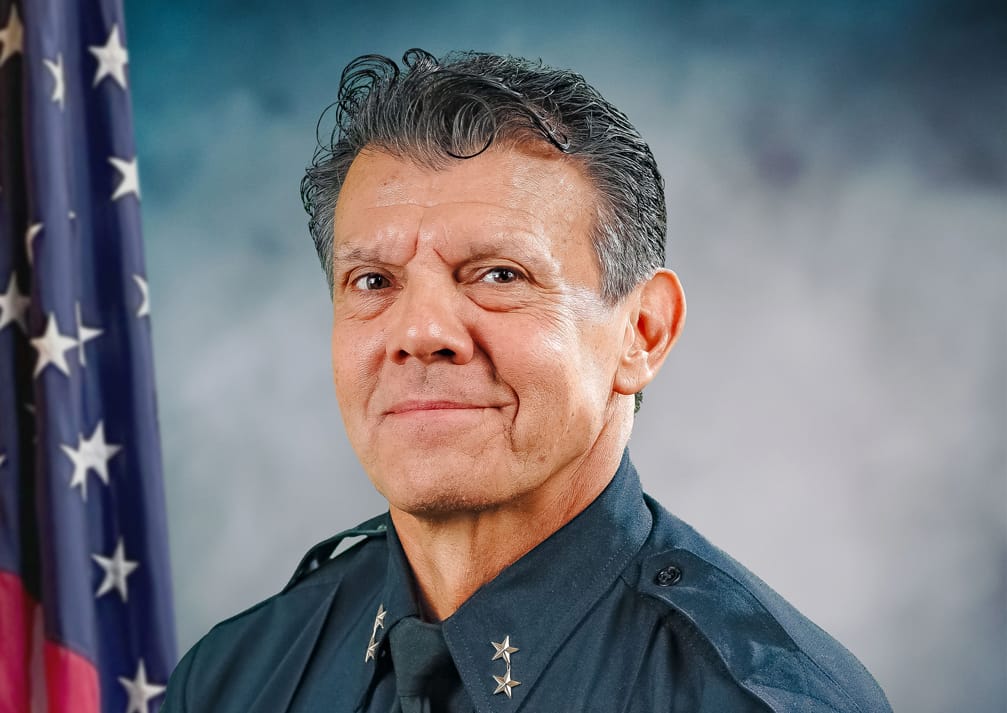FAIRFIELD – Sharon Henry, a chief deputy in the Solano County District Attorney’s Office who sued the county last year, announced Tuesday that she is challenging her boss, Krishna Abrams, in this June’s election.
In an exclusive interview with the Vallejo Sun, Henry, who has worked in the Solano County DA’s office since 2014, said that a litany of issues she’s seen in the current office led to her decision to run.
She said that the office struggles with staff turnover, leading to crime victims dealing with several different attorneys on a single case, that the office suffers from a lack of diversity and cultural understanding, crime victims’ rights are often not respected, and the office has failed to make important decisions that are its responsibility.
The district attorney’s office needs to “make tough decisions and to hold people accountable, regardless of who they are,” Henry said. “And that is not happening.”
Henry, 61, has been a prosecutor for 33 years and worked in Tulare and San Mateo counties’ DA’s offices before Abrams recruited her to Solano County.
In Solano, Henry has managed the major crime unit, including homicide, the family protection unit, the financial crimes unit, and the Family Justice Center, among other responsibilities. As a chief deputy in the office, she oversaw 25 attorneys and two paralegals.
Henry also has had a public personal conflict with Abrams. She sued the county last year, alleging a pattern of discrimination, retaliation and harassment in the DA’s office. She said that Abrams retaliated against her for working from home during the early months of the COVID-19 pandemic.
June’s election will be the first time Abrams has faced an opponent since she was first elected over the previous DA, Donald du Bain, in 2014. Abrams announced she’s seeking reelection earlier this month, touting an endorsement from Sheriff Tom Ferrara. As of Jan. 25, her campaign’s most recent filing, she had $19,771.60 on hand for her reelection effort.
Abrams did not respond to a request for comment about Henry’s run.
Making tough decisions
Abrams was widely criticized when she recused her office from two high-profile Vallejo police killings: Willie McCoy in 2019 and Sean Monterrosa in 2020. While Abrams said she was deferring to the state Department of Justice, then-Attorney General Xavier Becerra refused to take the cases, saying Abrams’ office was capable of making a charging decision.
Abrams eventually appointed a special prosecutor, former San Bernardino District Attorney Michael Ramos, to evaluate the shooting of McCoy, who was shot 38 times after officers found him asleep in his car at a Taco Bell drive-thru allegedly with a gun on his lap. Ramos determined last year that the six officers should not face criminal prosecution for shooting McCoy.
After Abrams recused her office, the Monterrosa case was left in limbo for months. Eventually, state Attorney General Rob Bonta agreed to review the case shortly after he was appointed to the position last year. In doing so, he criticized Abrams, citing “the failure of the District Attorney to fulfill this important responsibility.” The review of the Monterrosa case is ongoing.
While Henry declined to discuss any specific cases, she said there were instances when the Solano County DA’s office did not make decisions about police shooting cases it was tasked to make.
“It's our responsibility to review those cases and determine whether the officer was justified in that conduct and that action,” Henry said. “I disagree with trying to turn those cases over to another agency, because I feel that there was absolutely no conflict in making those decisions.”
Henry prosecuted the mayor of Visalia
Henry says she’s no stranger to taking on powerful people if the law demands it. In the early 90s, while working at the Tulare County DA’s office, she prosecuted the mayor of Visalia in Tulare County for breaking conflict of interest laws.
Henry grew up in Visalia’s neighboring city Tulare. Her parents were both from Mississippi but moved to Tulare before Henry was born so her father, a Baptist minister, could join a church there. Henry said that she knew from an early age that she wanted to be a lawyer after overhearing her father say he had wanted to be a lawyer but felt like he couldn’t.
She attended UC Hastings law school in San Francisco. She hadn’t considered becoming a prosecutor, but with help from her father, the DA’s office in Tulare recruited her, and she liked the idea of helping crime victims. During her time in Tulare, she first met Abrams, whom she supervised.
Henry was the sole attorney who handled the prosecution of Visalia Mayor Basil Perch. Perch, a contractor, was accused of arranging for his company to build an auto dealership for the city’s auto mall before it had been approved by the city’s redevelopment agency. He was also accused of using his office to help business associates. He pleaded no contest to three misdemeanors and resigned in 1995.
“If someone breaks the law… then I don't look at the status of that person,” Henry said. “Because it's all about public safety. It's all about protecting and advocating for victims. And it's about being independent.”
In an interview with the Sun, former Tulare County DA Phil Cline, who was Henry’s boss at the time, praised Henry’s skills as a prosecutor, in particular how she handled white collar crime and political corruption. He said that his office took independence seriously and its responsibility to make tough decisions on police officers or elected officials.
"Sometimes that call is a hard call to make and sometimes it's an unpopular one but you have to make the call,” Cline said.
Henry worked in Tulare County for nearly 15 years. She then joined the San Mateo County DA’s office, where she worked for another almost 12 years. In 2014, when Abrams was elected Solano DA, she recruited Henry to join her office.
Henry sues Solano County for alleged retaliation and discrimination
Over the next seven years, the relationship between Abrams and Henry deteriorated until Henry sued the county in August. Henry alleged that when the COVID-19 pandemic hit, Abrams retaliated against her for working remotely because of her age and her diabetes, which puts her at higher risk of severe complications if exposed to the virus.
According to the lawsuit, on March 19, 2020, two days after Henry alerted Abrams that she needed to work from home, Abrams started taking away her responsibilities. The lawsuit states that Abrams emailed Henry and wrote that she was going to have all deputies report to Paul Sequeira, the other chief deputy in the office.
A month after that, Abrams reassigned a death penalty case Henry had been working since 2015 to another attorney in the office, the lawsuit states.
In June 2020, Henry requested an extension to her telework agreement, but Abrams responded that her duties were incompatible with working from home. A week later, Abrams announced another attorney would be acting chief deputy until further notice, according to Henry’s lawsuit.
Then in July 2020, Abrams emailed Henry and said she needed to return to work in-person in September, saying that because of new exposure mitigations, “no workplace restrictions or accommodations are needed for age or underlying health conditions,” the lawsuit states.
When Henry returned to the office, she alleges her duties were not returned and she was excluded from key meetings. Meanwhile, Abrams allegedly characterized her attempts to have her duties restored as her being “hostile” and “angry.”
Henry reported the alleged discrimination to the county’s human resources department in December 2020 and the county retained an outside investigator.
Henry alleges the retaliation grew worse after that. During an award ceremony, the lawsuit states that everyone who had worked in the office just after the pandemic started received awards. Sequeira, presenting an award said, “You cannot lead from your living room couch,” according to the lawsuit.
Henry’s lawsuit states that the outside investigator hired by the county concluded that the DA’s office had violated the county’s harassment and discrimination policy. Henry, however, alleges that no action was taken.
Henry declined to discuss specifics of her lawsuit, but said she decided to sue the DA’s office long before she considered running for office.
“What happened to me is wrong and against the law,” she said. “Not only do I stand up and advocate for victims of crime, I stand up and advocate for myself when I've been done wrong.”
But Henry said that her run for the office is not personal.
“Everything that I've gone through has brought me here today,” she said. “Not for any vendetta but for a hope for better and more effective leadership in our office and having at the forefront public safety, victims of crime and just an overall working environment where people are feeling good about what they're doing.”

Lack of consistency, diversity in Solano DA’s office
Henry says her primary motivation both for becoming a prosecutor and for running for DA is to help victims of crime and make sure that their rights are respected.
“One of the rights that they have is that they're to be informed of any potential disposition in cases,” she said. “That gets violated all the time.”
In some cases, prosecutors may reach a plea deal with a defendant without informing the victim. “Can you imagine being thrust into the criminal justice system as a victim and then trusting that your case is going to be treated with dignity and respect, and then to read about a disposition in the newspaper?” Henry said. “That's victimization all over again.”
Another problem Henry said she saw was significant turnover among prosecuting attorneys. Some criminal cases like sexual assaults might have six or seven different attorneys assigned to it during the prosecution, she said. So when victims start to feel comfortable with an attorney, they suddenly are faced with getting to know a different prosecutor and starting from scratch.
“I think that some people just don't feel supported,” Henry said, when asked why there was such turnover in the office. “We need to invest in our people and train our prosecutors. And I don't see that happening at all.”
Henry acknowledged racial inequities in the criminal legal system and said that DAs’ offices have a role in making it more equitable. In her view, part of what needs to change in the current DA’s office is to have more diversity and cultural perspectives in the attorneys making charging decisions.
“I am one of two African American attorneys in the office right now and that needs to change,” she said. “ We need to bring in more Latino, more Asian attorneys to the office to make it a good mix of prosecutors, because I think that is the key to change to address racial inequities in the criminal justice system.”
But she said that it isn’t enough to hire attorneys of different backgrounds, it is necessary to foster an environment of inclusivity, where colleagues can talk to each other about their own cultural experiences.
In one area of the DA’s office that has faced recent controversy, Henry defended it. Last month, the county Board of Supervisors moved forward with seeking a new lead agency for the Family Justice Center, intended to be a “one-stop shop” for victims of domestic violence and sexual assault.
A report commissioned by the Board of Supervisors found that the center was failing at its core mission and said the leadership style of Family Justice Center director Angel Aguilar was “highly problematic and confrontational and does not facilitate effective services at the center.”
Henry said that the Family Justice Center was among her responsibilities until September 2020. But, she said, she saw Aguilar making improvements in the time she worked with him, increasing staff and bringing more services to the center.
“The way that he's presented in those reports is a totally different picture of how he presents to me and my dealings with him,” Henry said of Aguilar. “I think that he's a competent leader and that he has made a change over there.”
But, overall, Henry said that the DA’s office is in need of a leadership change, and she said that she has the experience and the capability to lead.
“When I first started, I had all these big, high hopes and I was really excited about coming in and helping make change in 2014,” Henry said. “And I just saw this downward spiral.”
Correction: this article has been updated to correct Henry's age and length of tenure in San Mateo County.
Before you go...
It’s expensive to produce the kind of high-quality journalism we do at the Vallejo Sun. And we rely on reader support so we can keep publishing.
If you enjoy our regular beat reporting, in-depth investigations, and deep-dive podcast episodes, chip in so we can keep doing this work and bringing you the journalism you rely on.
Click here to become a sustaining member of our newsroom.
THE VALLEJO SUN NEWSLETTER
Investigative reporting, regular updates, events and more
- Elections
- Election 2022
- government
- Solano Coutny
- Solano County District Attorney's Office
- Sharon Henry
- Krishna Abrams
- COVID-19
- Paul Sequeira
- Tom Ferrara
- Willie McCoy
- Sean Monterrosa
- Family Justice Center
- Rob Bonta
- Angel Aguilar
- Visalia
- Tulare
- Basil Perch
- Phil Cline

Scott Morris
Scott Morris is a journalist based in Oakland who covers policing, protest, civil rights and far-right extremism. His work has been published in ProPublica, the Appeal and Oaklandside.
follow me :




